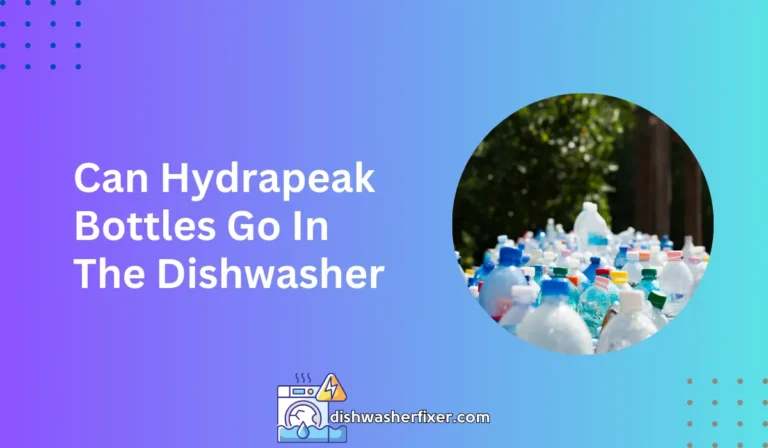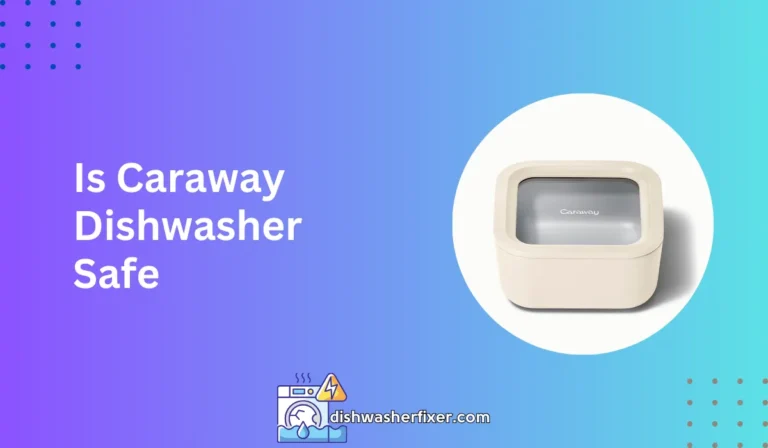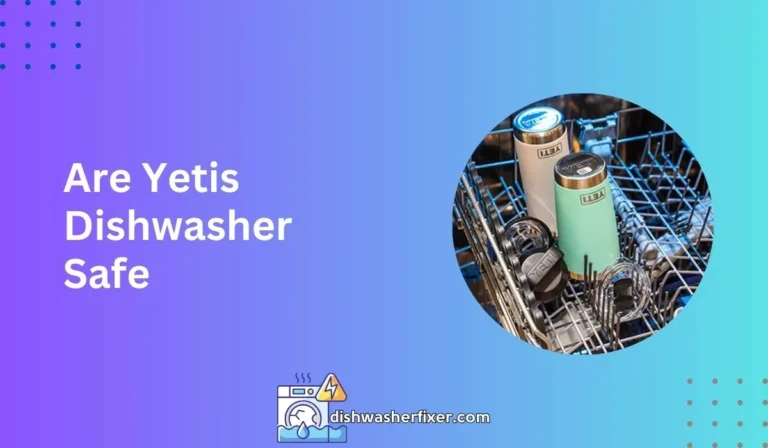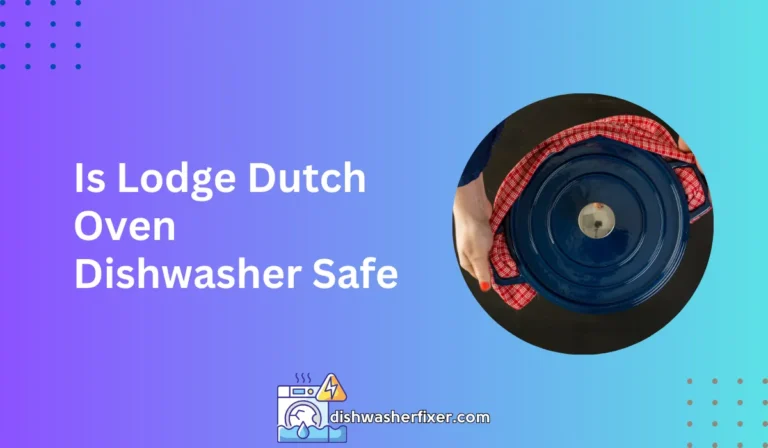Are Dishwasher Tablets Toxic? Unveiling Hidden Dangers
Dishwasher tablets can contain toxic chemicals that are harmful if ingested or improperly handled. They often include strong cleaning agents like bleach and enzymes. It’s crucial to use them as directed and keep them away from children and pets to prevent accidental poisoning.
Understanding Dishwasher Tablet Ingredients
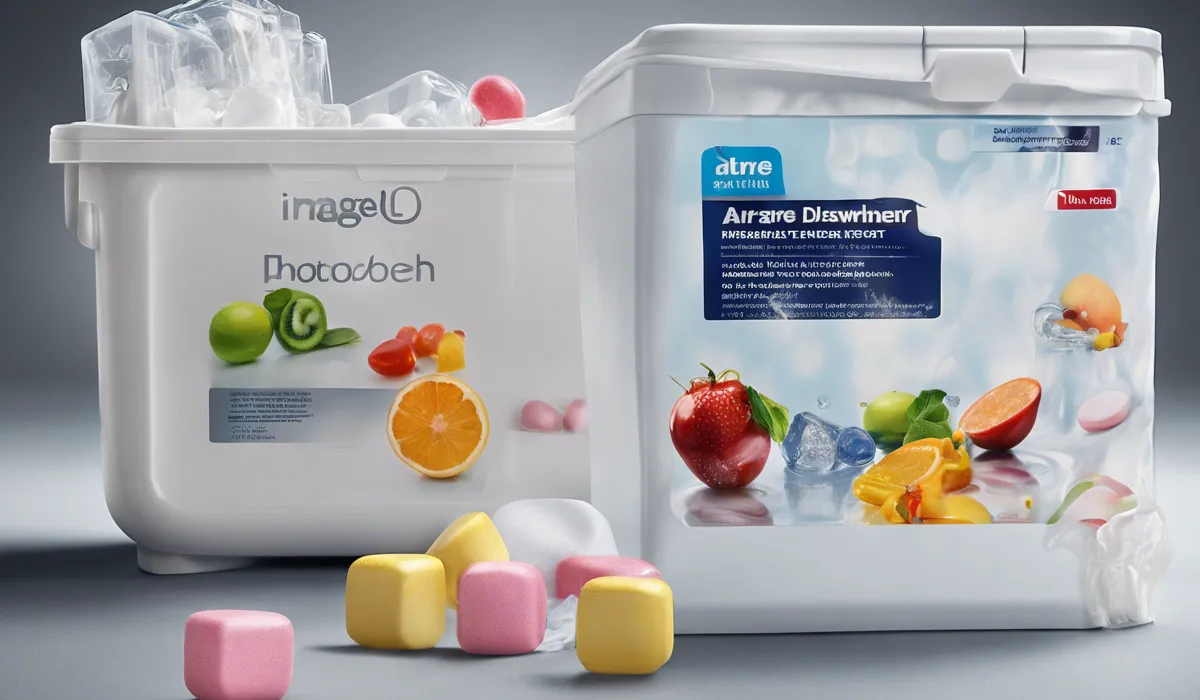
Common Chemicals in Dishwasher Tablets
Dishwasher tablets are designed to tackle tough stains and leave dishes sparkling clean. They contain a mix of surfactants, enzymes, bleach, and sometimes phosphates.
Surfactants work to reduce the surface tension of water, helping it to spread and penetrate grime.
Enzymes break down food residues, while bleach disinfects and removes stubborn stains. Phosphates, although less common now, are used to soften hard water and enhance cleaning power.
Function of Each Ingredient
Each ingredient in a dishwasher tablet has a specific function. Surfactants trap dirt and grease, making them easier to wash away.
Enzymes, such as proteases and amylases, specifically target protein-based and starchy food remains.
Bleach is effective against tea and coffee stains and also kills bacteria and viruses. Phosphates, when included, work to prevent mineral deposits and improve detergent performance.
Potential Health and Environmental Risks
While these chemicals are effective cleaners, they can pose health and environmental risks.
Surfactants can cause skin irritation, and bleach can be corrosive if mishandled. Inhaling powdered or aerosolized versions of these chemicals can lead to respiratory issues.
Phosphates are known to contribute to environmental problems, which has led to their reduction or removal in many formulations.
Comparison with Alternative Products
Alternative dishwashing products often contain more environmentally friendly ingredients, such as plant-based surfactants and enzymes. These may be gentler on the skin and cause less environmental harm.
When comparing to traditional dishwasher tablets, it is important to consider these differences and their implications on health and nature.
Health Impacts of Dishwasher Tablets
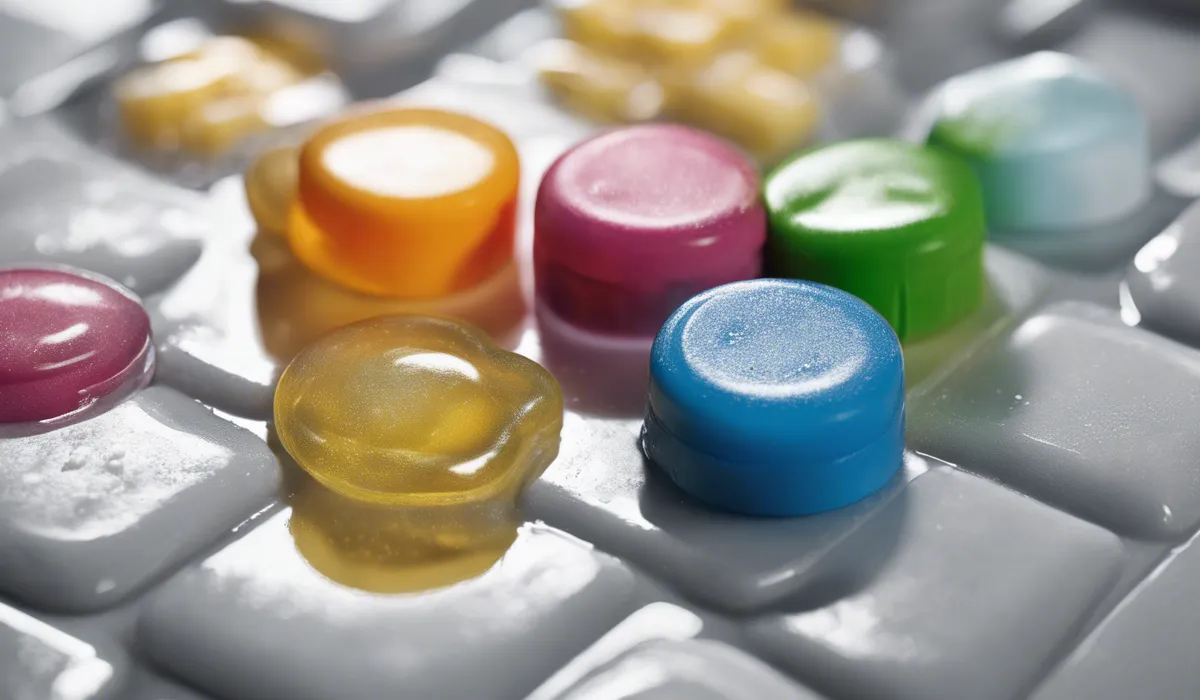
Short-term Exposure Risks
Accidental ingestion of dishwasher tablets can be dangerous, posing a risk of poisoning.
Contact with skin may cause irritation, and inhaling fumes can lead to respiratory discomfort. It is crucial to handle these products carefully and follow all safety instructions to minimize these risks.
Long-term Exposure Concerns
Repeated or prolonged exposure to the chemicals in dishwasher tablets could potentially lead to chronic health conditions, including allergic reactions or asthma.
Some ingredients may have carcinogenic effects, although the risk is often associated with levels of exposure not typical for consumers using dishwasher tablets as directed.
Vulnerable Populations
Children and pregnant women are particularly sensitive to the potential toxic effects of dishwasher tablets. Individuals with pre-existing health conditions, such as skin disorders or respiratory problems, may also be at higher risk.
It is essential to store these products out of reach of children and to use them with caution around vulnerable individuals.
Safety Measures and Handling Instructions
To minimize the risks associated with dishwasher tablets, always follow the manufacturer’s instructions for use.
Wear gloves when handling the tablets, especially if you have sensitive skin. Ensure good ventilation when using the dishwasher to avoid inhaling any vapors that may be released during the cleaning cycle.
Environmental Considerations of Dishwasher Tablets
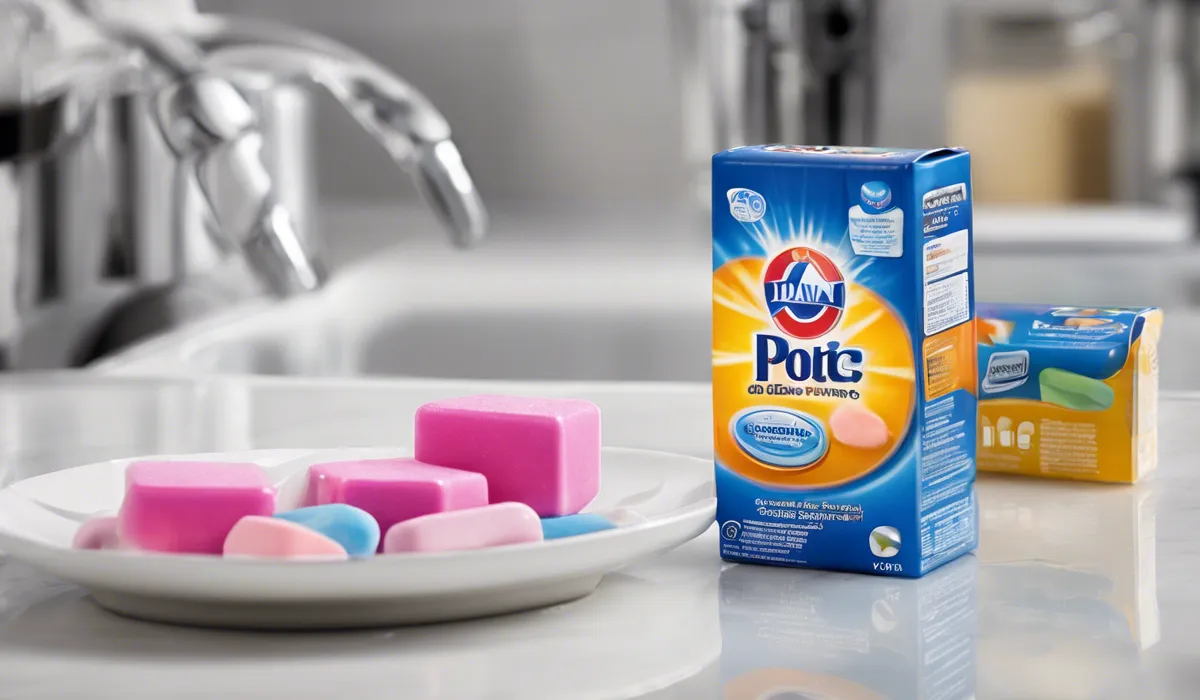
Biodegradability and Persistence
Not all ingredients in dishwasher tablets are readily biodegradable. Some may persist in the environment, potentially causing harm to wildlife and ecosystems. It is important to choose products with ingredients that break down easily and do not accumulate in the environment.
Impact on Aquatic Life
Chemical runoff from dishwasher detergents can affect aquatic life by disrupting their natural processes.
Surfactants, for example, can damage the protective mucus layer on fish, making them more susceptible to disease. Phosphates can lead to algal blooms, which reduce oxygen levels in water and harm fish and other organisms.
Eutrophication from Phosphates
Eutrophication is a process where water bodies become overly enriched with nutrients, leading to excessive growth of algae. This can create dead zones where aquatic life cannot survive.
Phosphate-containing dishwasher tablets can contribute to this problem, which is why many manufacturers now opt for phosphate-free formulas.
Eco-friendly Dishwashing Alternatives
There are several eco-friendly dishwasher tablet options available on the market. These products often use phosphate-free, plant-based, and biodegradable ingredients that are less harmful to the environment.
By choosing these alternatives, consumers can help reduce the ecological footprint of their dishwashing routine.
FAQs About Dishwasher Tablet Toxicity
Are dishwasher tablets poisonous if ingested?
Yes, dishwasher tablets can be poisonous if ingested due to the presence of toxic chemicals such as bleach and enzymes.
Can handling dishwasher tablets be harmful to my skin?
Handling dishwasher tablets can potentially be irritating to the skin; it is recommended to use them as directed and wash hands after handling.
What should I do if a child ingests a dishwasher tablet?
If a child ingests a dishwasher tablet, seek immediate medical attention and follow the poison control center’s guidance.
Are dishwasher tablets safe to use in a household with pets?
Dishwasher tablets are safe to use in a household with pets as long as they are stored out of reach and used according to the manufacturer’s instructions.
Can the fumes from dishwasher tablets be toxic?
The fumes from dishwasher tablets can be irritating to the respiratory system if inhaled directly, so it’s important to use them in a well-ventilated area.
Final Thoughts
Dishwasher tablets contain chemicals, such as bleach and enzymes, that may pose a risk if swallowed or mishandled.
They are designed to be potent cleaning agents and should be used strictly according to instructions. Ensuring they are out of reach of children and pets is imperative to avoid accidental poisonings.
